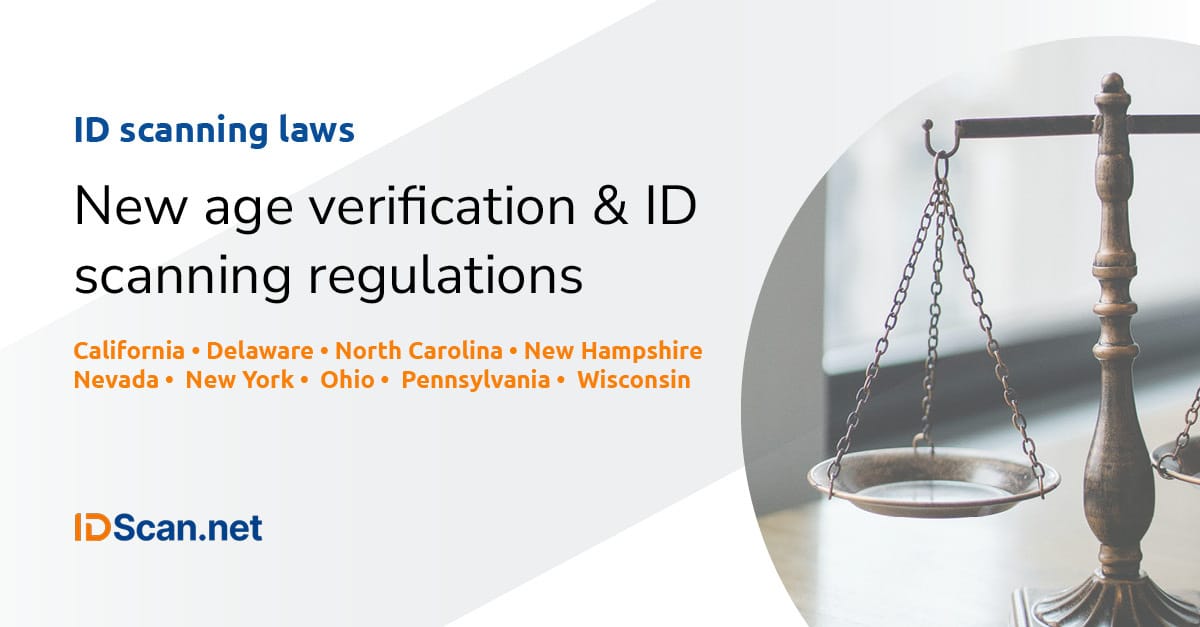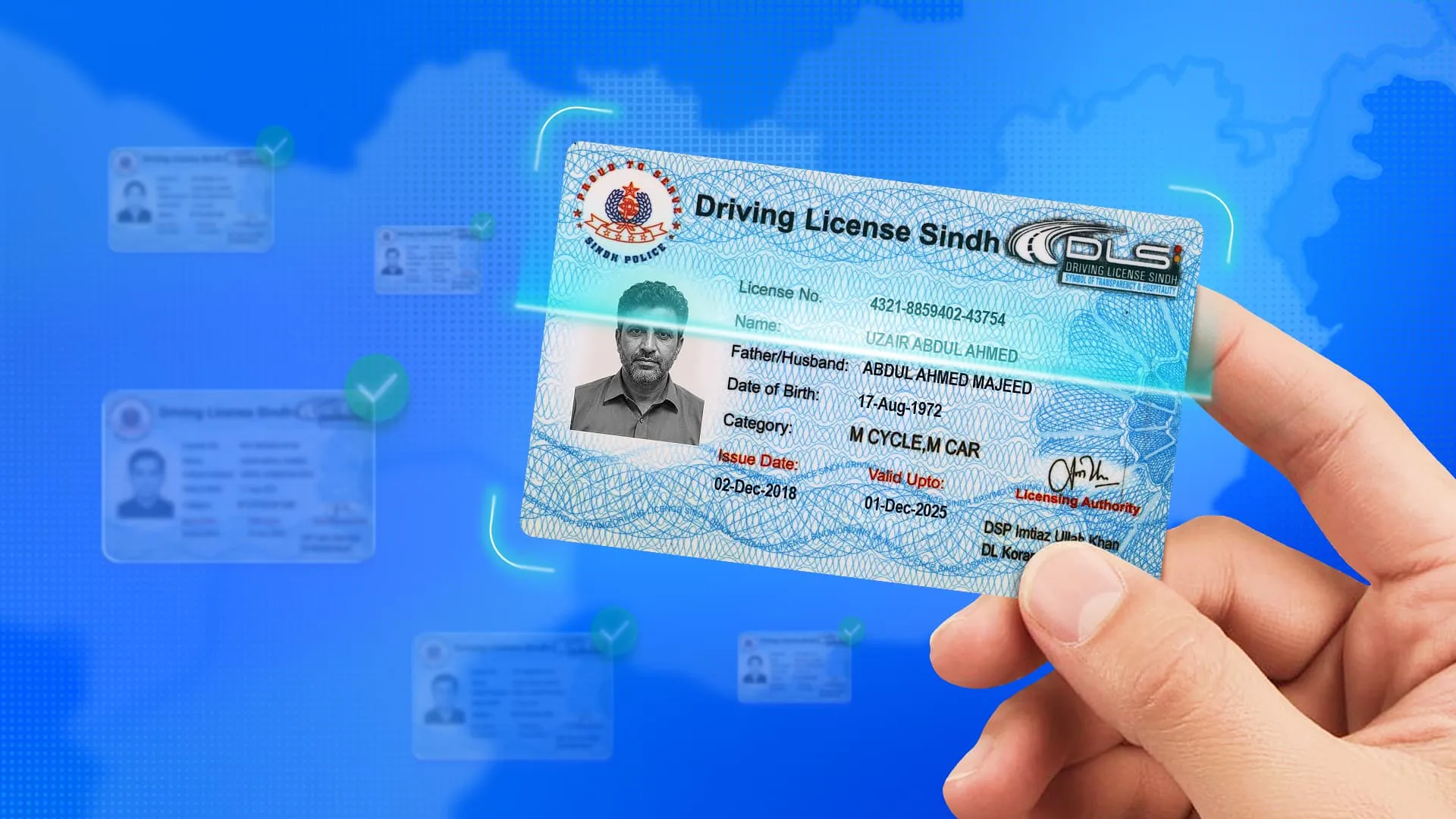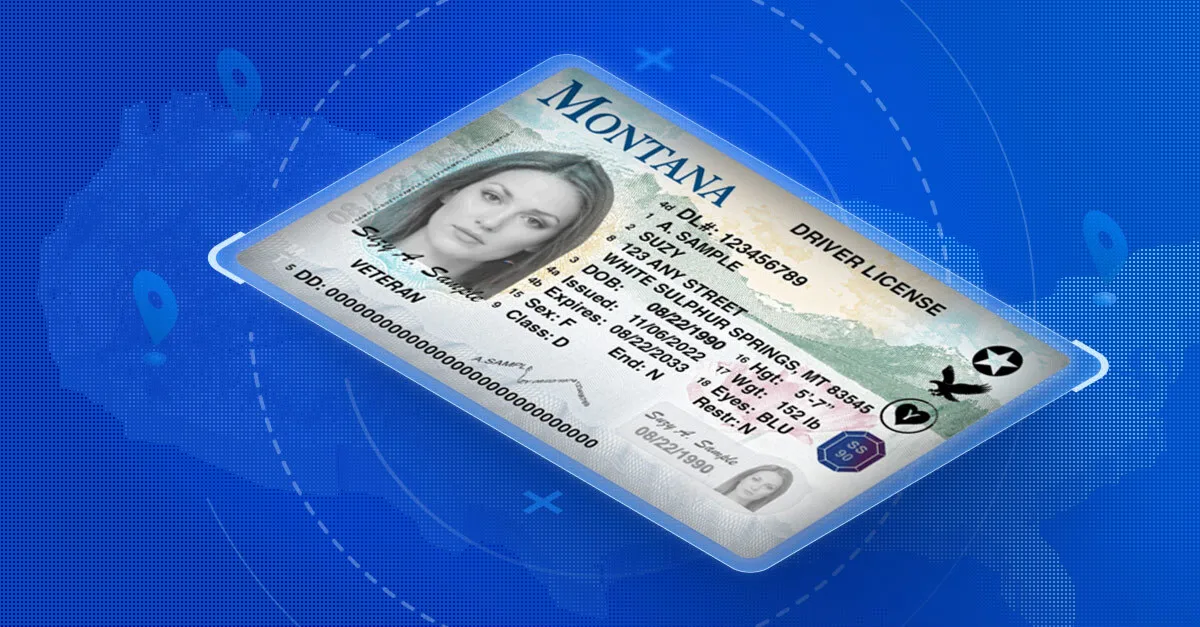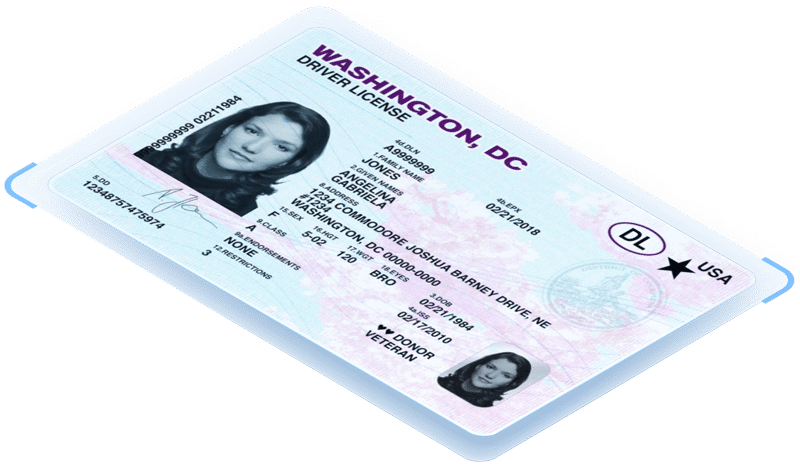Summary of Q3 2023 legislation relating to ID scanning or identity verification
Fall 2023 remains quiet as many state legislatures have concluded their 2023 general sessions. A few others continue to be active, with new bills being introduced in several states that either allow legislation to be carried-over, or that meet in continuous session.
Alcoholic Beverages
A Pennsylvania bill to require amusement parks to utilize a transaction scan device to verify the age of an individual who purchases alcoholic beverages passed the House and was referred to committee in the Senate.
Data Security
In New York, a proposed bill to enact the New York Privacy Act passed the Senate and was referred to committee in the Assembly. A similar bill was signed into law in Delaware on September 12, 2023. California amended its 2018 Consumer Privacy Act (CCPA) to expand the definition of “sensitive personal information” for purposes of the CCPA to additionally include personal information that reveals a consumer’s citizenship or immigration status.
Firearms
A bill to require verification of identity for firearms purchases or entry into a gun show, and to require sellers or show sponsors to record that information, was introduced in Wisconsin.
New York introduced a bill which would require firearm purchasers to hold a firearm safety certificate. It also established required application and training process for purchasers
Scrap Metals
A bill approved by the Governor of New Hampshire would require recording of the identification information of a person who sells a catalytic converter to a scrap metal dealer.
Tobacco
A bill in Nevada to require a scan of identification before allowing a person to purchase tobacco was approved by the Governor.
Prescription Drugs
Wisconsin amended a bill regarding verification for prescription drugs, which now adds an identification card or document issued by a foreign government and bearing a photograph as an acceptable form of identification for purchase of certain prescription narcotics.
Other
A New York bill that would allow scans of identification cards to verify the age of purchasers of diet pills or dietary supplements passed both houses of the Legislature.
A North Carolina bill increased the penalties for commercial entities that knowingly distribute harmful internet material to minors.
California A 947 – Amendments relating to sensitive personal information to the Consumer Privacy Act of 2018
Passed Assembly 09/05/23; Enrolled and presented to Governor 09/12/23; Approved by Governor 10/8/23; Chaptered by Secretary of State 10/08/23.
The California Consumer Privacy Act of 2018 (CCPA) grants to a consumer various rights with respect to personal information, as defined, that is collected by a business, as defined, including the right to direct a business that collects sensitive personal information about the consumer to limit its use of the consumer’s sensitive personal information to that use which is necessary to perform the services or provide the goods reasonably expected by an average consumer who requests those goods or services, to perform certain other services, and as authorized by certain regulations. The CCPA defines “sensitive personal information to mean personal information that reveals, among other things, a consumer’s racial or ethnic origin, religious or philosophical beliefs, or union membership. This bill would define “sensitive personal information” for purposes of the CCPA to additionally include personal information that reveals a consumer’s citizenship or immigration status.
Delaware H 154. Creation of the Delaware Data Privacy Act
Introduced 05/12/2023; Signed 09/11/2023.
Would create the Delaware Personal Data Privacy Act. Delineates a consumer’s personal data rights and provides that residents of the state of Delaware will have the right to know what information is being collected about them, see the information, correct any inaccuracies, or request deletion of their personal data that is being maintained by businesses or people.
North Carolina H 8. Relating to age verification on websites with harmful material
Signed by Governor 09/29/2023; Ch. SL 2023-132 on 10/02/2023. Effective Jan. 1, 2024
Age verification required.—Any commercial entity that knowingly and intentionally publishes or distributes material harmful to minors on the internet from a website that contains a substantial portion of such material shall, through use of (i) a commercially available database that is regularly used by businesses or governmental entities for the purpose of age and identity verification, or (ii) another commercially reasonable method of age and identity verification, verify the age of the individuals attempting to access the material.
(b) No data retention.—Any commercial entity, or third party that performs the required age verification on behalf of the commercial entity, shall not retain any identifying information of the individual after access has been granted to the material.
(c) Civil liability.—Any commercial entity, or third party that performs the required age verification on behalf of the commercial entity, shall be subject to civil liability for any violation of this section.
(d) Cause of Action.—A civil action may be brought against any commercial entity, or third party that performs the required age verification on behalf of the commercial entity, that violates this section by any of the following:
(1) A parent or guardian whose minor was allowed access to the material.
(2) Any person whose identifying information is retained in violation of this section.
(e) Relief and damages—Any person authorized to institute a civil action by subsection (d) of this section may seek and a court may award any or all of the following types of relief:
(1) An injunction to enjoin continued violation of this section.
(2) Compensatory and punitive damages.
(3) All costs, expenses, and fees related to the civil suit investigation and proceedings associated with the violation, including attorney’s fees.
New Hampshire S 188 – Relating to ID documentation relative to catalytic converters
Enrolled in both houses, 06/29/2023. Signed by the Governor on 08/04/2023. Effective 08/04/2023.
No person or entity licensed as a junk dealer, a second hand dealer, motor vehicle repair shop, an automobile graveyard, or a junkyard shall purchase, accept, or acquire a catalytic converter from another person or entity unless the seller or offeror presents proof of identification in addition to a bill of sale or other legal document demonstrating ownership of the catalytic converter. The licensee shall preserve photocopies or digital images of the documentation.
The licensee must keep records of all transactions. The licensee shall make available to the chief of police or the chief’s designee any records created upon request by the chief or the chief’s designee. The following shall be included in the records:
– The date of a transaction for the catalytic converter;
– The name, address, telephone number and signature of the person from whom the catalytic converter was purchased or received;
– A photocopy or digital image of the person’s photo identification;
– The license plate number and vehicle identification number of the vehicle used to transport the old or used metals to the licensee, whenever applicable;
– A description of the catalytic converter;
– A photograph of the catalytic converter;
– Photocopies or digital images of the bill of sale or other legal documents demonstrating ownership by the seller or offeror; and
– The price paid by the licensee for the catalytic converter.
Nevada A 53 – Relating to ID scanning for tobacco purchases
Recommended do pass by Committee on Revenue and Economic Development, 05/18/2023. Enrolled and delivered to Governor 05/26/23; Approved by Governor 05/30/23.
Would require that a person utilize scanning technology or other automated, software-based system to verify that a person who purchases tobacco products is 21 years of age or older. A person found to be in violation of the requirements is liable for a civil penalty of $100 for each offense.
New York A 5610 – Relating to restrictions on over-the-counter diet pills and dietary supplements
Passed Assembly 06/01/2023; passed Senate 06/05/2023; returned to Assembly; Delivered to governor for signature 10/13/2023; Signed Chap. 558 10/25/2023
The bill would make it unlawful to sell or offer to sell or give away, as either a retail or wholesale promotion, an over-the-counter diet pill or dietary supplement for weight loss or muscle building within this state to any person under eighteen years of age. Retail establishments shall require proof of legal age for purchase of such products. Proof of legal age shall mean (a) a valid driver’s license or non-driver’s identification card issued by the commissioner of motor vehicles, the federal government, any United States territory, commonwealth or possession, the District of Columbia, a state government within the United States, a provincial government of the dominion of Canada, or the city of New York, or (b) a valid passport issued by the United States government or any other country, or (c) an identification card issued by the armed forces of the United States, indicating that the individual is at least eighteen years of age, or (d) a student identification card, provided such card indicates the date of birth of the individual.
Any person operating a retail establishment may perform a transaction scan as a precondition for the purchase of over-the-counter diet pills or dietary supplements for weight loss or muscle building. If the information deciphered by the transaction scan fails to match the information printed on the driver’s license or non-driver identification card, or if the transaction scan indicates that the information is false or fraudulent, the attempted transaction shall be denied.
Ohio H 258. Relating to increasing fines for repeatedly selling tobacco products to minors
Introduced 08/28/2023; Referred to Criminal Justice Committee 09/12/2023.
Would increase fines for repeatedly selling tobacco products to minors. Under this code, “age verification” means a service provided by an independent third party (other than a manufacturer, producer, distributor, wholesaler, or retailer of cigarettes, other tobacco products, alternative nicotine products, or papers used to roll cigarettes) that compares information available from a commercially available database, or aggregate of databases, that regularly are used by government and businesses for the purpose of age and identity verification to personal information provided during an internet sale or other remote method of sale to establish that the purchaser is twenty-one years of age or older.
Pennsylvania H 1096 – Amendments to the Liquor Code requiring ID scanning devices at amusement parks
Passed the House 07/06/2023; referred to Senate Law & Justice Committee 07/17/2023; Second consideration in Senate 10/25/2023.
An amusement park that holds a public venue license would be required to utilize a transaction scan device to verify the age of an individual who appears to be under thirty-five years of age before making a sale of liquor and malt or brewed beverages; however, an acceptable form of identification that cannot be scanned may be accepted by the licensee. An amusement park could not sell or share data from the use of a transaction scan device, except that the licensee would be allowed to use the data to show the Enforcement Bureau that the licensee is in compliance with the law.
The term “transaction scan device” means a device capable of deciphering, in an electronically readable format, the information encoded on the magnetic strip or bar code of an identification card.
Wisconsin A 368 – Relating to sales and transfers of firearms
Introduced 07/27/2023; referred to Assembly Committee on Criminal Justice and Public Safety. 08/21/2023 – Fiscal Estimate Received.
Would require all transfers of ownership of firearms to be conducted by licensed dealers, and would require dealers to transmit the transferee’s name, date of birth, gender, race, and Social Security number, and other identification necessary to permit an accurate firearms restrictions record search by the Department of Justice.
Wisconsin Senate Bill 441. Relating to identification presentation for certain prescription drugs
Introduced 09/20/23; Read first time and referred to Committee on Health 09/20/23.
Current Wisconsin law provides that a schedule II or III controlled substance may not be dispensed unless the person who is picking up he drug shows his or her identification card. Acceptable forms of identification include a driver’s license, a state identification card, a U.S. uniformed service card, or a U.S. passport. Current law further requires that the name on the identification cared of the person to whom the controlled substance is dispensed be recorded in the state’s prescription drug monitoring program. This bill adds an identification card or document issued by a foreign government and bearing a photograph as an acceptable form of identification for the aforementioned purposes.
Wisconsin Assembly Bill 445. Relating to identification presentation and monitoring for certain prescription drugs.
Introduced 09/28/2023. Fiscal estimate received 10/3/2023.
d) A pharmacist is immune from any civil or criminal liability and from discipline under for any act taken by the pharmacist in reliance on an identification card that the pharmacist reasonably believed was authentic and displayed the name of the person to whom the drug was being delivered if the sale was made in good faith.
Conclusion
Statewide legislation around privacy continues to be passed in states around the country.





